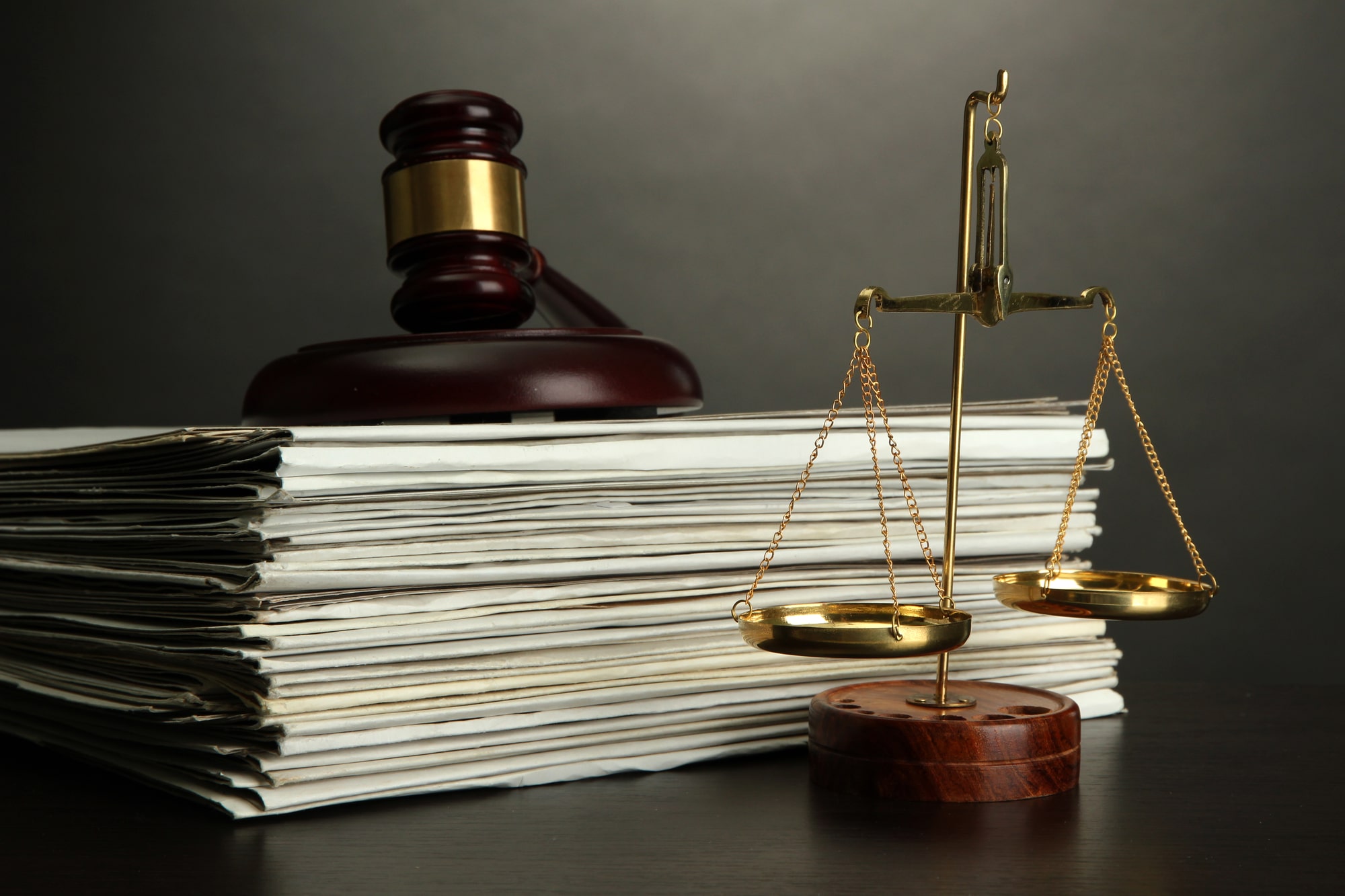The Constitution of the United States is regarded as the “supreme law of the land.” Cooper v. Aaron, 358 U.S. 1, 18, 78 Ct. 1401, 1409 (1958). Under the Constitution, Article III Section 1 grants judicial power to the Supreme Court of the United States, allowing Congress to “ordain and establish” lower federal courts as they see fit. U.S. CONST. art. Art. III, § 1. Section 2 states that the judicial power granted to the Supreme Court, in law and equity, can be heard arising from a case or controversy of the Constitution. See generally U.S. CONST. art. Art. III, § 2.
The Constitution grants the Supreme Court with original jurisdiction in all cases that involve ambassadors, public ministers, consuls, when the State is a party. Id. This means that the Supreme Court can hear these cases without any other prior adjudication from a lower federal court. In all other cases, the Supreme Court has appellate jurisdiction. Id. This means that the Supreme Court will hear the case once it has been adjudicated by a lower federal court, primarily granting certiorari to hear the case. Lastly, Article III grants Congress the power to make “such Exceptions, and . . . Regulations . . .” regarding the Supreme Court’s jurisdiction. Id.
One of the most famous cases in United States history that affirmed the Supreme Court’s jurisdiction was Marbury v. Madison. The main issue arises from a writ of mandamus. Days after the ending of his presidency, President John Adams appointed several individuals in the judiciary, which were approved by Congress. Marbury v. Madison, 5 U.S. 137, 137, 2 L. Ed. 60, 60 (1803). Thomas Jefferson was the next president, and he refused to allow President Adam’s to carry out the judicial appointments. Id. He directed James Madison, who was his Secretary of State, to not deliver the judicial commissions. William Marbury, who was appointed the Justice of the Peace for the District of Columbia, brought suit against James Madison in the Supreme Court seeking a writ of mandamus that would compel Madison to deliver the commissions for Marbury’s judicial appointments. Id.
While this monumental case discussed a variety of issues. One of the most important issues determined whether the Supreme Court had the authority to review laws and acts as to whether they align with the United States Constitution. Chief Justice Marshall began his analysis on original and appellate jurisdiction within the confines of the United States Constitution by determining that if Congress gives the Supreme Court appellate jurisdiction when it has original jurisdiction, as well as original jurisdiction when it has appellate jurisdiction, the Constitution would then be “form without substance.” Id. He continues by describing that appellate jurisdiction is a revisory process that the Supreme Court is granted, and can only correct the proceedings of a previous case when the case or controversy does not give rise to original jurisdiction granted in the Constitution. Id. Regarding the writ of mandamus, it is not considered under original jurisdiction. By allowing the writ to be under the Supreme Court’s original jurisdiction, it would expand its original jurisdiction, running afoul with Article III. Thus, the writ may only be reviewed under the Court’s appellate jurisdiction.
Marbury essentially confirms the Supreme Court’s judicial review and how they may review specific cases or controversies. The Constitution outlines when the Court may hear a case or controversy under original jurisdiction, and whether they can only hear a case or controversy as a revisory entity under its appellate jurisdiction. This allows the Supreme Court to not be flooded with cases or controversies, and gives those cases and controversies a chance to be litigated in lower federal courts.
Thanks to a accident lawyer with our friends at Eglet Adams for their insight on original jurisdiction and appellate jurisdiction. If you have suffered an accident and are unsure of the jurisdiction and which court can hear your case, reach out to a lawyer near you for help.

